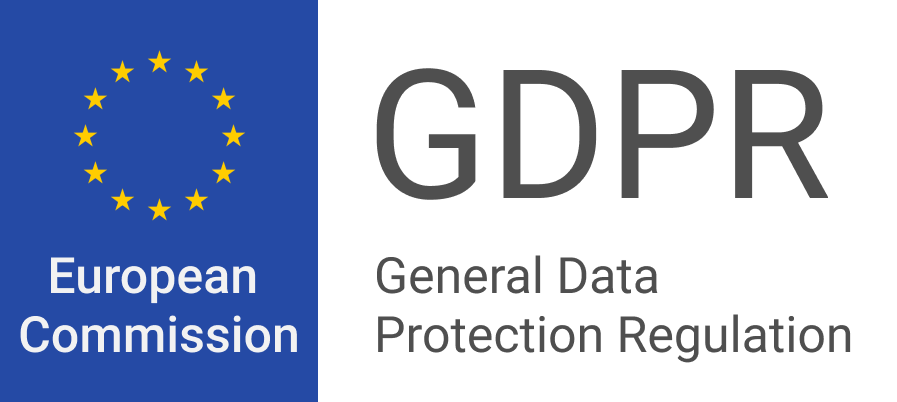⌨ Data analytics has profound impacts on governance across sectors and levels, including:
Evidence based decision making: Data analytics enables policymakers and government officials to make decisions based on empirical evidence rather than intuition or anecdotal evidence. This leads to more informed and effective policies and programs.
Performance measurement and accountability: Governments can use data analytics to measure the performance of various programs and services. By analyzing data on outcomes and impacts, governments can hold agencies and departments accountable for their performance and allocate resources more efficiently.
Predictive analytics for risk management: Governments can use predictive analytics to identify emerging risks and anticipate future trends. This is particularly useful in areas such as public safety, healthcare, and disaster management, where early intervention can mitigate risks and save lives.
Resource optimization: Data analytics can help governments optimize the allocation of resources by identifying areas of high need or inefficiency. This includes optimizing budget allocations, staffing levels, and service delivery processes to maximize impact and minimize waste.
Enhanced citizen engagement and transparency: Data analytics can facilitate greater transparency and citizen engagement by making government data more accessible and understandable to the public. This can lead to increased trust in government institutions and improved collaboration between government and citizens.
Fraud detection and prevention: Governments can use data analytics to detect and prevent fraud, waste, and abuse in public programs and services. By analyzing patterns and anomalies in data, governments can identify potentially fraudulent activities and take appropriate enforcement actions.
Policy evaluation and refinement: Data analytics enables governments to evaluate the effectiveness of existing policies and programs and refine them based on insights gained from data analysis. This iterative process allows governments to continuously improve their governance practices and better serve the needs of their constituents.
Overall, data analytics has the potential to significantly enhance governance by providing decision-makers with timely, accurate, and actionable insights to address complex challenges and improve public services.


Comments